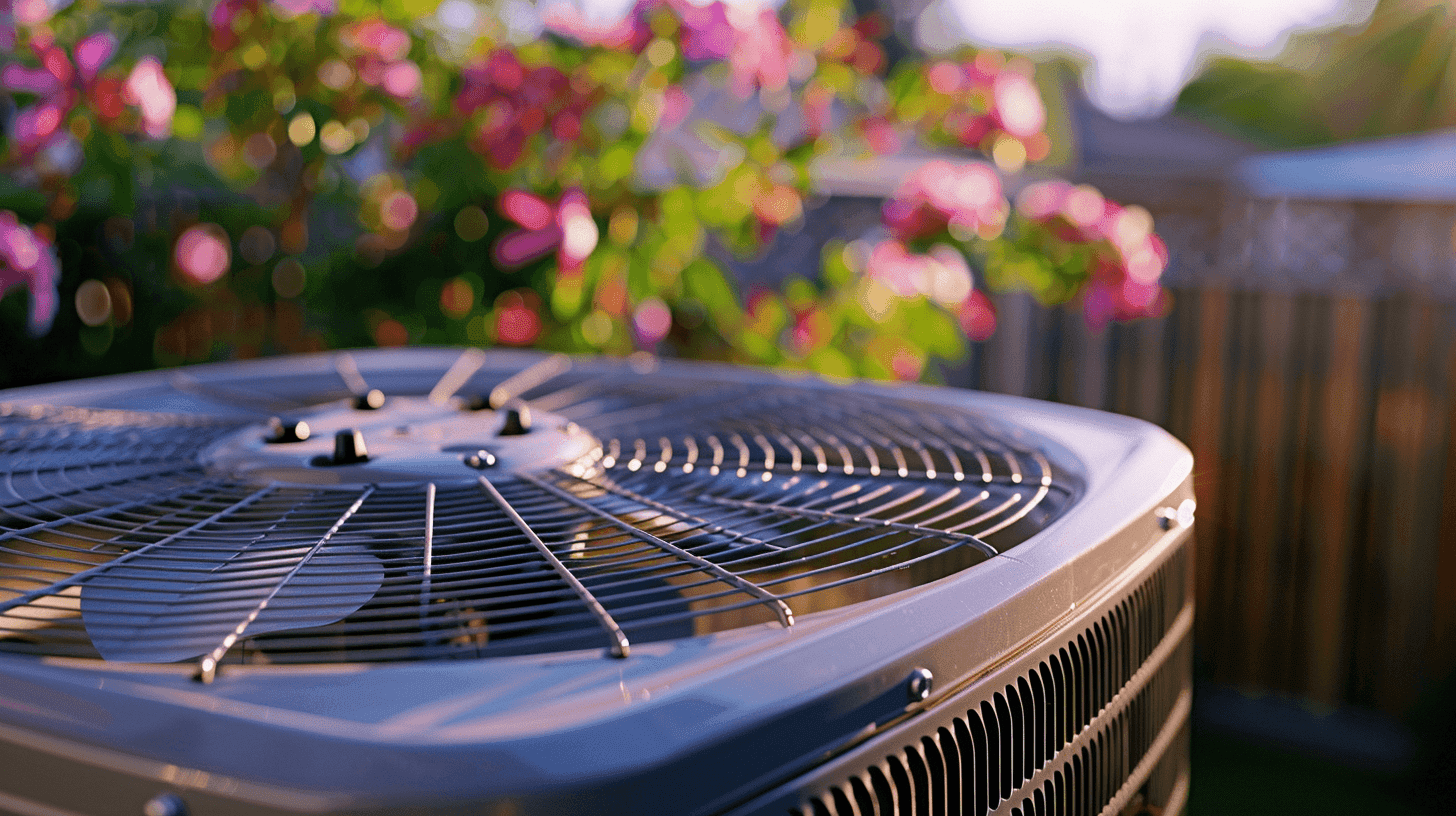Why Is My Air Conditioner Short Cycling?

If your air conditioner is running constantly but failing to effectively cool your home, it may be experiencing short cycling, a common issue with significant implications for comfort and energy efficiency. HVAC.com examines the phenomenon of AC short cycling, shedding light on its causes and consequences while offering insights into how to address and prevent this disruptive problem.
What is Short Cycling?
Air conditioner short cycling occurs when the system turns on and off too frequently without completing a full cooling cycle. Issues including a frozen evaporator coil, refrigerant leak, and clogged air filter can result in short cycling which can cause higher energy bills, premature wear and tear, damaged components, and a shorter expected lifespan.
A key indicator of air conditioner short cycling is the length of the cooling cycle. While normal cycles typically last around 15 to 20 minutes, short cycling cycles can be as brief as 5 minutes or less.
Common Causes of AC Short Cycling
Clogged Air Filter
A clogged air filter is one of the most common causes of AC short cycling. Air filters have a limited capacity to collect contaminants, and when they become fully clogged, they restrict airflow into the HVAC system. When this occurs, your air conditioner is at risk of overheating which will prompt the system to completely shut down as a safety precaution, resulting in frequent on-off cycles.
If your central air conditioning system is short cycling, start by checking the condition of the filter, and replace it if necessary. New air filters should be installed every 2-3 months on average, or according to the manufacturer’s recommendations.
Oversized or Undersized Unit
Installing the right sized air conditioner is a crucial component of the buying process. An AC system that is too small for the space it’s cooling may struggle to reach the desired temperature, causing it to run continuously in an attempt to keep up with demand. Conversely, an oversized AC unit cools the space too quickly, leading to premature thermostat shutdown and frequent short cycling as it struggles to maintain consistent temperatures and humidity levels.
Refrigerant Leak
Refrigerant is an essential component of air conditioning and heat pump systems, as it absorbs heat from indoors and transports it outdoors, where it is released by the condenser coil. A refrigerant leak can lead to insufficient cooling capacity, causing the system to turn off and on frequently to maintain the set temperature. This can lead to inefficient operation, higher energy costs, and increased wear and tear on crucial system components.
Malfunctioning Thermostat
The thermostat is the “brain” of your HVAC system, telling it when to turn on and off based on the temperature setting. If your thermostat isn't calibrated correctly or working improperly, your air conditioner may turn on or off at the wrong times, resulting in inadequate cooling. In contrast, if the thermostat fails to register temperature changes accurately, it may unnecessarily activate the AC system, leading to frequent on-off cycles.
Frozen Evaporator Coil
Refrigerant inside the evaporator coil absorbs warm indoor air to cool your home. A clogged air filter, refrigerant leak, or dirty coil can restrict how much heat it can absorb. When a frozen evaporator coil can’t effectively absorb heat, overheating or short cycling can occur.
To unthaw the evaporator coil, turn off the air conditioner for a few hours to allow it to thaw. You can speed up the process by using a hair dryer; however, don’t use anything sharp to chip away at the ice as you might damage the coil. To prevent the evaporator coil from freezing up again, change the air filter, and contact a qualified HVAC contractor to recharge the refrigerant or clean the coil, if necessary.
Leaky Air Ducts
Leaky air ducts are not only incredibly inefficient – leading to an estimated 20% loss in conditioned air – but they can also cause AC short cycling. When lost air escapes into unconditioned spaces, it reduces the amount of cooling intended for your home’s living areas. This can trigger the thermostat to prematurely signal the air conditioner to cycle on to make up for the loss of cooling, leading to frequent on-off cycles.
Failing Compressor Motor
A failing AC compressor motor can prompt short cycling by struggling to maintain the necessary pressure levels within the AC system, leading to premature shutdowns. As the compressor motor loses efficiency or fails completely, the system may cycle on and off more frequently in an attempt to maintain cooling capacity, resulting in inefficient operation and increased wear on components.
How to Avoid AC Short Cycling
The easiest way to avoid air conditioner short cycling is through regular maintenance. Air conditioners should receive professional AC maintenance at least once a year, preferably in the spring to ensure they’re ready for the upcoming cooling season. During an AC tune-up, your HVAC contractor will thoroughly inspect the unit for any issues that can cause short cycling including refrigerant levels, dirty evaporator coils, and clogged air filters and recommend any necessary repairs.
Unfortunately, the only solution for an oversized or undersized unit is buying a new air conditioner. This is why it’s imperative to have your HVAC installer perform a load calculation to determine the right size system for your home.